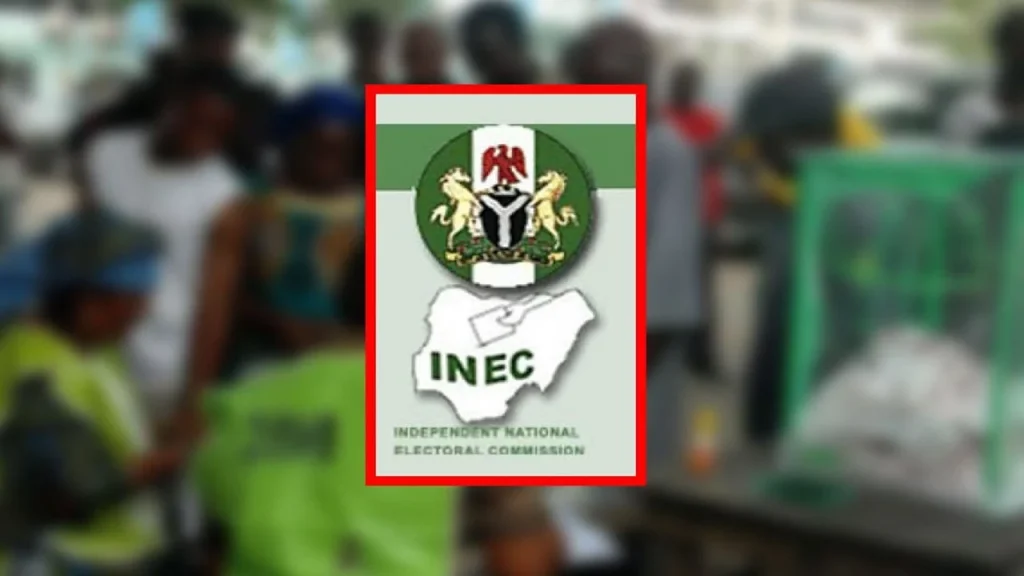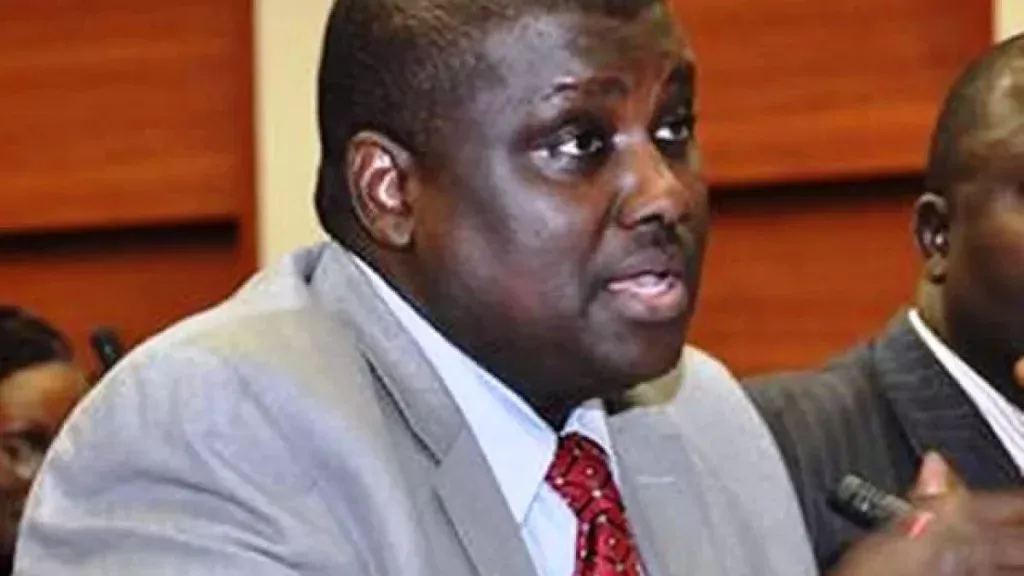Parents of 87 girls abducted by Boko Haram militants in Nigeria’s Chibok community over a decade ago have issued renewed appeals for decisive government action, rejecting what they describe as unfulfilled promises. The 2014 kidnapping of 276 schoolgirls sparked global outrage and the #BringBackOurGirls movement, leading to the release of 103 girls under former President Muhammadu Buhari. However, families of those still missing say recent sightings in areas like Kaduna and the Sambisa Forest—and sporadic phone calls from daughters reportedly trapped in forced marriages—have amplified their anguish. “We need authorities to move beyond rhetoric,” their statement emphasized, urging intensified rescue efforts amid fading hope.
In a separate development, Kenyan national Stephen Abdukareem Munyakho returned home after a decade on death row in Saudi Arabia. Convicted in 2013 for killing a Yemeni colleague during a workplace dispute, Munyakho’s release followed a $1 million “diya” (blood money) payment negotiated by the Muslim World League and Kenya’s persistent diplomatic interventions. Foreign Affairs Principal Secretary Korir Sing’Oei confirmed the breakthrough, announced during a March Iftar event in Nairobi. Munyakho’s mother, Dorothy Kweyu, who long argued her son acted in self-defense, expressed relief after years of campaigning. His case highlights the complex interplay of international law and cultural practices in resolving such crises.
Tragedy struck Zimbabwe when 17 people died in a collision between a commuter minibus and a 30-tonne truck on Seke Road. Eyewitnesses reported the truck swerved into oncoming traffic to avoid a smaller vehicle, crushing the minibus beneath it. Three critically injured survivors were hospitalized, while grieving families gathered at the mangled wreckage. The Zimbabwe Republic Police called for calm as investigations continue, underscoring recurring road safety challenges in the region.
Meanwhile, South Sudan faces a deepening hunger catastrophe, with the UN World Food Programme (WFP) warning that funding shortfalls could leave millions without aid. Over half the population—7.7 million people—are food insecure, including 83,000 experiencing “catastrophic” conditions. Conflict-ravaged Upper Nile State nears famine, while an influx of 1.2 million returnees since April 2023 strains resources. WFP has assisted 2 million people in areas like Uror County but requires $274 million by September to avert further cuts. “Without peace and funding, our hands are tied,” the agency stated, noting 2.3 million children risk malnutrition.
In Niger, ousted President Mohamed Bazoum and his wife, Hadiza, marked two years in detention following a 2023 military coup. Held without access to lawyers or family, Bazoum faces trial after the junta stripped his immunity—a move condemned by Human Rights Watch and UN experts as unlawful. Despite a 2024 court ruling decried as unfair, no trial date has been set. Observers view the case as part of broader repression under the junta, which has delayed democratic restoration amid regional and international outcry.



